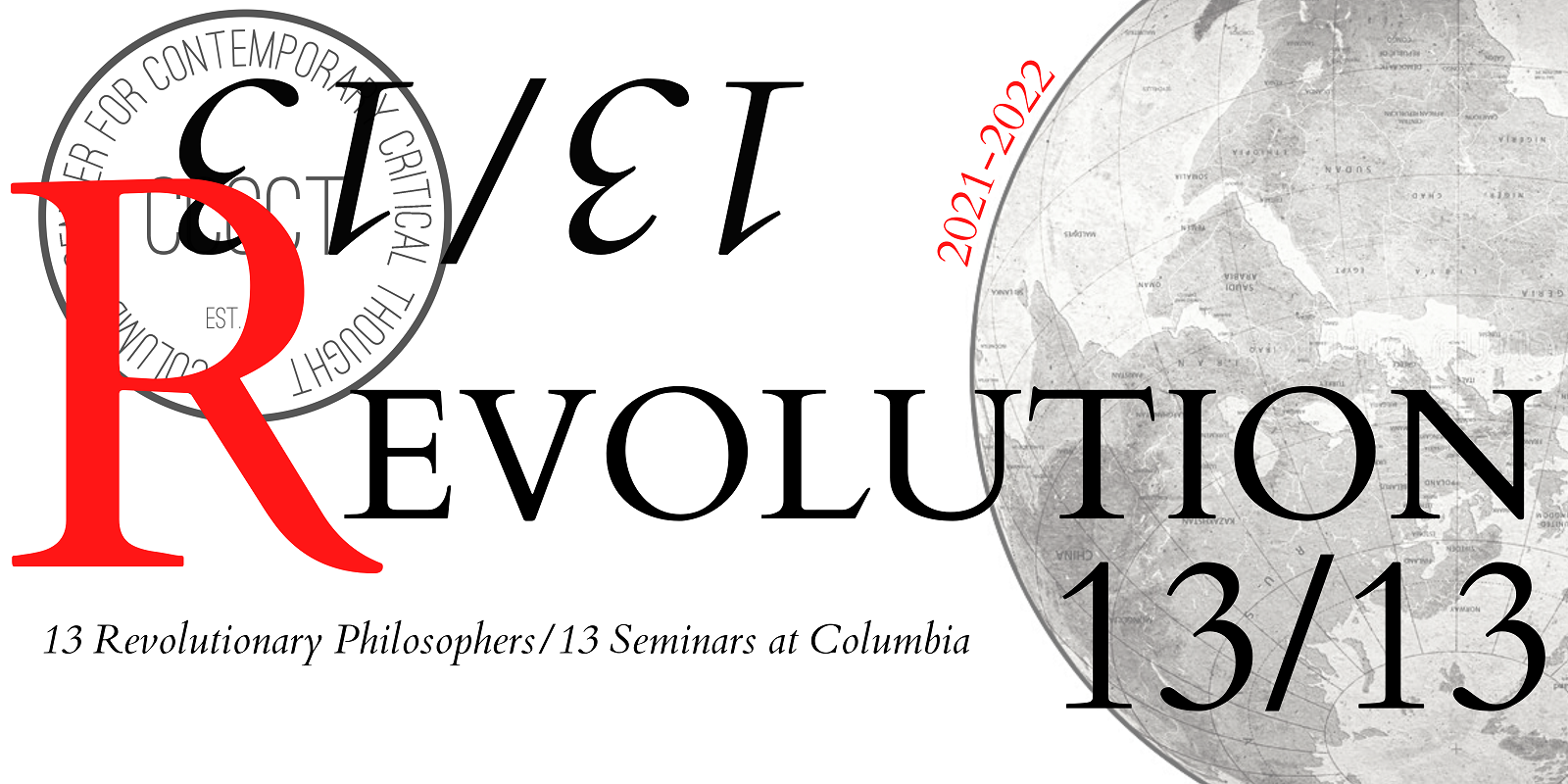Biodun Jeyifo and Bernard E. Harcourt
read and discuss
writings from the Paris, Rome, and Bandung Conferences
including “Princes and Powers” by James Baldwin; “Racism and Culture” and “Reciprocal Bases of National Culture and the Fight for Freedom” by Frantz Fanon; “Inside and Outside the Whale, ‘Bandung’, ‘Rwanda’, Postcolonial Studies” and “In the Wake of Colonialism and Modernity” by Biodun Jeyifo; and “Tradition and Industrialization: The Plight of the Tragic Elite in Africa” by Richard Wright.
September 22, 2021
Columbia University
“The generalized abolition of the colonial system and the definitive and universal eradication of racism”
— Final Resolutions, Closing Session, First International Congress of Black Writers and Artists, Paris, September 22, 1956.
Sixty-five years ago to the day, September 22, 1956, the First International Congress of Black Writers and Artists adjourned its first gathering on the theme of abolition: the abolition of the colonial system and of racism. We start, then, in direct continuity with last year’s 13/13 seminar series, Abolition Democracy 13/13. We remain dedicated, perhaps more than ever, to the abolition of the punitive society and to the work of achieving a just society.
With those ambitions clearly in focus, we turn this year to the critique and praxis of “worldly philosophers”—revolutionary philosophers who collectively contributed to transformative social movements—in order to glean, in conversation with them, ideas and practices on how to revolutionize society. We begin in conversation with Biodun Jeyifo, more specifically in conversation with his thesis about the central importance of the collectivity for the production of critique and praxis. We turn first to the remarkable conferences and gatherings at Bandung, Paris, and Rome during the 1950s.
With the First International Congress of Black Writers and Artists, held at the Sorbonne in Paris from September 19 to September 22, 1956, we are face-to-face not just with the writings and works of discrete and particular worldly philosophers—including Aimé Césaire, Frantz Fanon, Léopold-Sédar Senghor, Richard Wright…—but, more remarkably, with a conversation, confrontation and contest of their ideas and practices. We are immersed in their debate.
At the first session of Revolution 13/13, three questions emerge as central problematics for this year’s public seminar:
- First, what, if any, difference is there between the critical philosopher situated in the academy and the worldly philosopher located outside, with regard specifically to their possible contributions to critique and praxis?
- Second, if there is indeed a difference, how much of it turns on one’s personal implication in struggle and rebellion?
- Third, how much of all this discussion is about praxis as opposed to tactics or strategy? And what, if anything, do these interrogations tell us about the line between praxis, strategy, and tactics?
These three questions will guide us in much of our dialogue and debate at Revolution 13/13!
Welcome to Revolution 1/13!
[To continue reading, click on post here]
